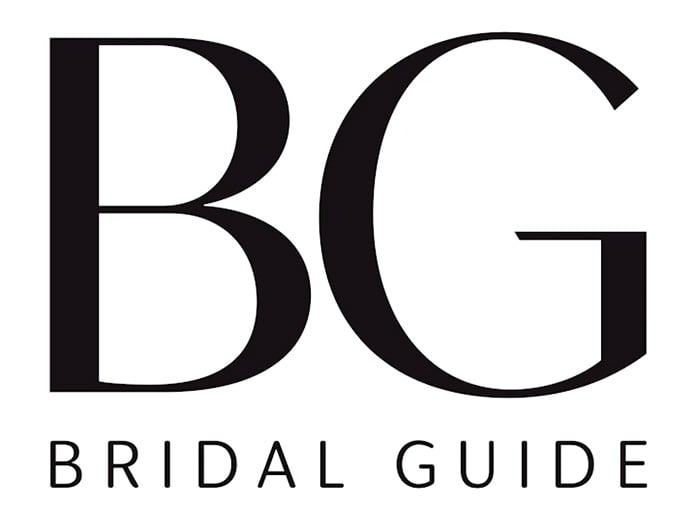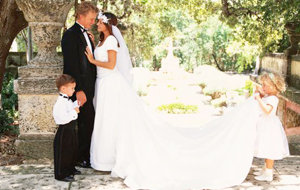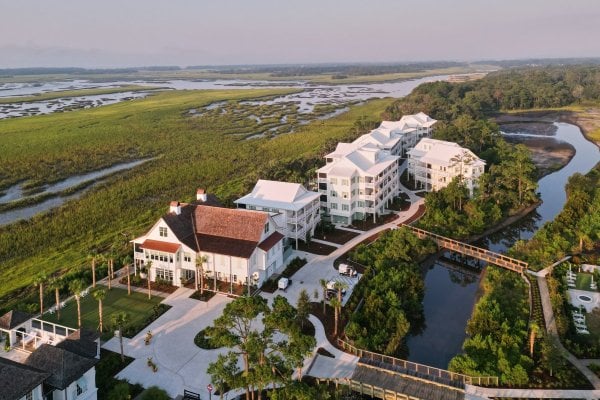Have your heart set on a particular reception site? Make sure you've answered these key questions before you book it.
You can't really set a wedding date until you've secured a location for your wedding reception (and ceremony), so the sooner you tackle this task, the better—do it 10 to 12 months in advance, if possible.
Once you've narrowed down your choices (a hotel? a banquet hall? a country club?), sit down with the banquet manager (or other representative) at each place to hash out the details. If you like what you hear, you can cross this task off your list and start planning the party itself.
|
Outta Site! Renting an all-inclusive hotel ballroom or banquet hall is a great idea, since these are likely to have well-trained staffs who have worked hundreds of weddings as well as a manager who will handle most of the details for you. However, don’t discount other wonderful venues that can give your party a little more personality: • Aquarium |
What services does the rental fee include?
Some reception halls provide catering services as well as all the necessary equipment (tables, chairs, linens, tableware and so on), while others offer only the room, requiring you to take care of all the equipment rentals.
To ensure that your party runs smoothly, the site should provide a banquet manager (or other senior staff member) who will be present on the day of your wedding at no extra charge. For an additional fee, you might also be able to arrange for valet parking, a restroom attendant and a coat room attendant.
Is the rental fee cheaper if we don't book a Saturday night? Saturday night weddings are the most expensive, since that's the most sought-after time. But if you book a Friday or Sunday night you'll likely get a better rate—about 30% lower—simply because those days are less in-demand. Rental fees also vary per month—you'll get a better deal if you book a date during low season (usually the months of November through April).
Are you hosting other events before, during or after ours on the same day? Try to avoid booking a banquet hall that's hosting another wedding simultaneously—you want the staff's attention to be focused entirely on your event. It's more common for sites to book an afternoon and evening event on the same day, which usually isn't a problem.
Most sites are rented in four-hour increments, with two hours built in on both sides of the event, so that your vendors will have time to set it up and break it down. If your wedding is going to require more than two hours' worth of styling, consider booking a site that has no other receptions planned that day so your vendors won't feel rushed.
Can we bring in our own caterer? If your location offers catering, this probably won't be allowed. However, if your site does welcome outside caterers, you may be required to choose from a list of "preferred" vendors—companies the site managers trust and who know the ins-and-outs of the reception space's kitchen and dining areas.
What is your alcohol policy? Your catering fee might include a full open bar, for which you'll be charged either a flat fee or by the hour—or you may have the option of being charged based on what, and how much, guests actually consume. Some sites don't have liquor licenses, in which case you'll have to purchase the booze yourself. Or, if you're using an independent caterer, you can ask him or her to handle the specifics for you.
Are your health-department and insurance certificates up to date? Reputable sites meet health codes and carry liability insurance in case someone becomes severely injured while on the property. If there's no paperwork to prove these things, you don't want to do business there.
Are there adequate restroom facilities? Always check out the toilet situation. Look for cleanliness, of course, and make sure the bathrooms can accommodate your crowd. In general, you'll need at least two bathroom stalls for every 100 guests; for 150 guests, four or more stalls are ideal.
Can you accommodate physically challenged guests? While most buildings will have ramps and elevators, don't just take the manager's word for it. Do a walk-through to see for yourself how well these features will meet the needs of your wheelchair-bound guests. Look for spacious elevators, wide ramps and doorways, handicapped-accessible bathroom stalls in both the men's and women's restrooms and so on.
Is there air-conditioning? Don't assume. Ask. If you're getting married in the hot summer months, this is essential to your and your guests' comfort.
Are there any restrictions we need to know about? If a site is located in a heavily residential area, it might be held to noise restrictions set forth by the community—meaning, you may be required to close down your party at a certain hour (10 p.m. is a common cut-off time). Also ask about fire hazards—some sites do not allow the use of taper candles or sparklers, for instance.
What is your payment and cancellation policy? If you've chosen a site and are satisfied with the services promised, you will be asked to sign a contract that includes everything that's been discussed verbally—such as the name of the room you're renting, the items provided and the number of staff, the times allowed for setup and breakdown, the hours allotted for your party, the taxes and even the gratuities. Upon signing, you may be asked to provide a security deposit (find out if, and under what circumstances, your money is refundable, and make sure this is clearly stated in the contract).





